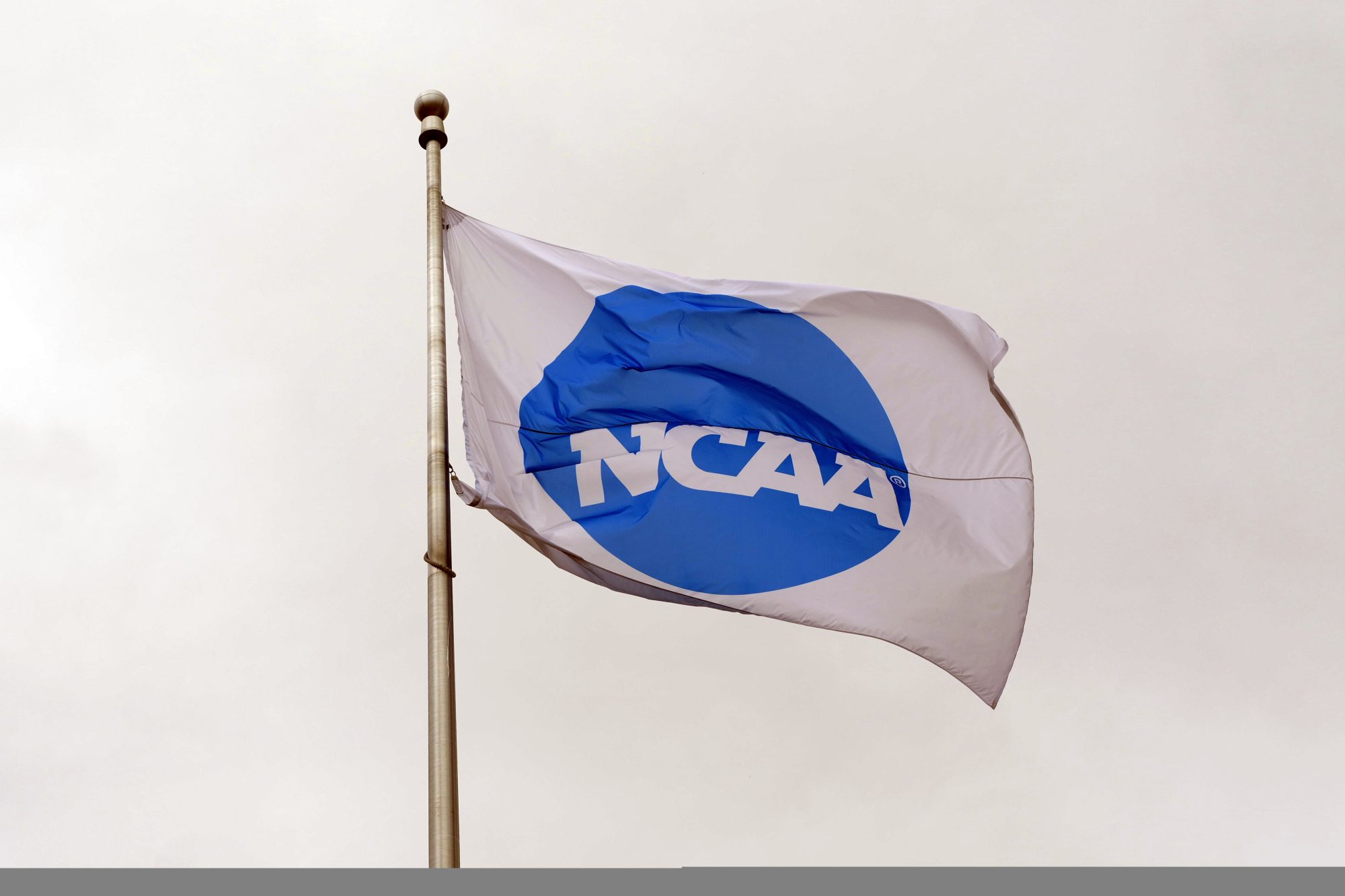In May, the NCAA and power conferences agreed to settle the House v. NCAA lawsuit—conceding, for the first time in college sports history, to share revenue between schools and players. But now, the NCAA is hoping to use the settlement to end an even bigger debate: whether athletes should be considered school employees.
House v. NCAA, first filed in 2020, argued athletes who couldn’t capitalize on name, image, and likeness deals deserve backpay, and that power conference schools should share revenue with all athletes going forward. As part of the settlement agreement, power conference schools will begin revenue-sharing up to about $22 million per year with athletes.
Because the settlement doesn’t address the athlete employment question, however, it doesn’t protect the NCAA from the three ongoing cases arguing athletes should be considered employees, co-counsel Steve Berman confirmed to Front Office Sports.
The NCAA hopes to resolve this indirectly. Since 2019, the NCAA and power conferences have waged a multimillion-dollar lobbying campaign in Congress to reverse the athletes’ rights movement by granting an antitrust protection (giving the NCAA the power to enforce compensation rules) and by deeming athletes amateurs. The NCAA hopes Congress will see the House settlement as an earnest attempt to make major reforms to college sports—and that Congress should step in so they wouldn’t have to make more. President Charlie Baker and the power conference commissioners even went so far as to call it a “roadmap” for legislation.
As part of the settlement, plaintiff lawyers have agreed to help the NCAA with that lobbying effort—but they likely won’t go as far as the NCAA would like. Berman says he and fellow counsel Jeffrey Kessler would be willing to argue that Congress should grant a limited antitrust exemption to allow the NCAA to cap revenue sharing, for example. But they won’t help the NCAA in its main goal of getting broad antitrust protections and have not agreed to lobby against athlete employment status.
“If the NCAA asks us to, we will express our views to Congress that they should be free from future lawsuits that raise the same issues that were raised in our litigation,” Berman says. “We will not comment on anything beyond that.”
Even if the NCAA succeeds in codifying amateurism without House lawyers’ help, it could still face future challenges.
One of the attorneys on the Johnson v. NCAA federal court case over athlete employment status, Paul McDonald, tells FOS that he would challenge a law saying college athletes are not employees. He believes it would be unconstitutional, given that non-athlete students are allowed to be employees.
“Any federal legislation to single out college athletes to be denied the same employee status, rights and hourly pay as fellow students in work study-style programs (e.g., student employees in dining halls, libraries—even selling popcorn at NCAA games) would be unconstitutional on Equal Protection grounds,” he says. That’s also the premise of the Johnson v. NCAA case, which argues that Division I athletes should be classified as employees under the Fair Labor Standards Act, and that they should be entitled to hourly minimum wage.
McDonald notes that other lawyers involved in the space would likely consider challenging a law codifying amateurism. “It’s a bridge to nowhere.”







![[Subscription Customers Only] Jun 15, 2025; Seattle, Washington, USA; Botafogo owner John Textor inside the stadium before the match during a group stage match of the 2025 FIFA Club World Cup at Lumen Field.](https://frontofficesports.com/wp-content/uploads/2026/02/USATSI_26465842_168416386_lowres-scaled.jpg?quality=100&w=1024)
![[Subscription Customers Only] Jul 13, 2025; East Rutherford, New Jersey, USA; Chelsea FC midfielder Cole Palmer (10) celebrates winning the final of the 2025 FIFA Club World Cup at MetLife Stadium](https://frontofficesports.com/wp-content/uploads/2026/02/USATSI_26636703-scaled-e1770932227605.jpg?quality=100&w=1024)








